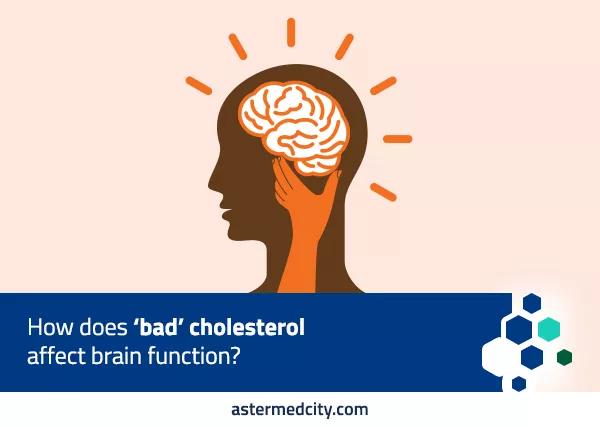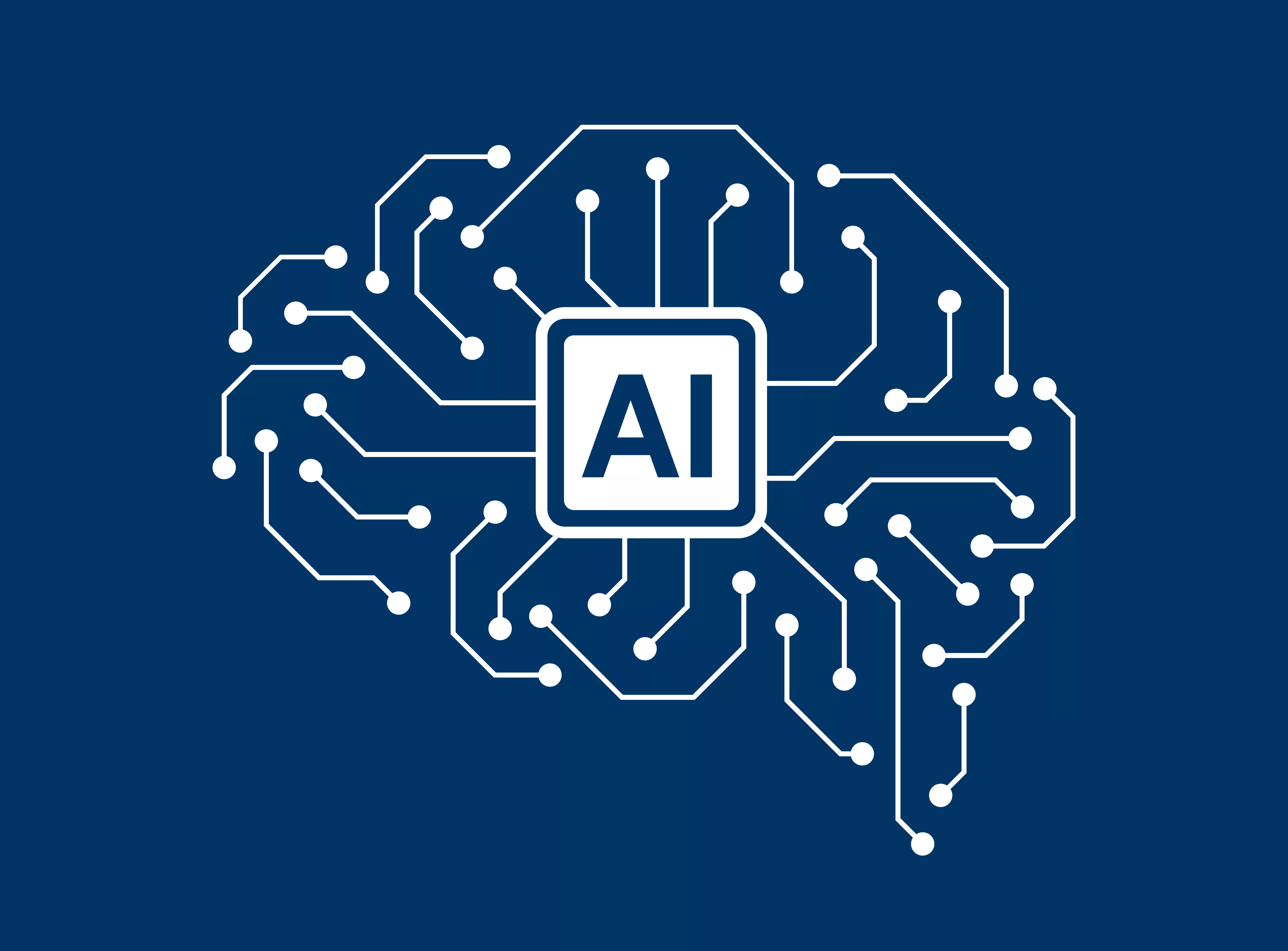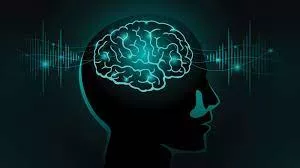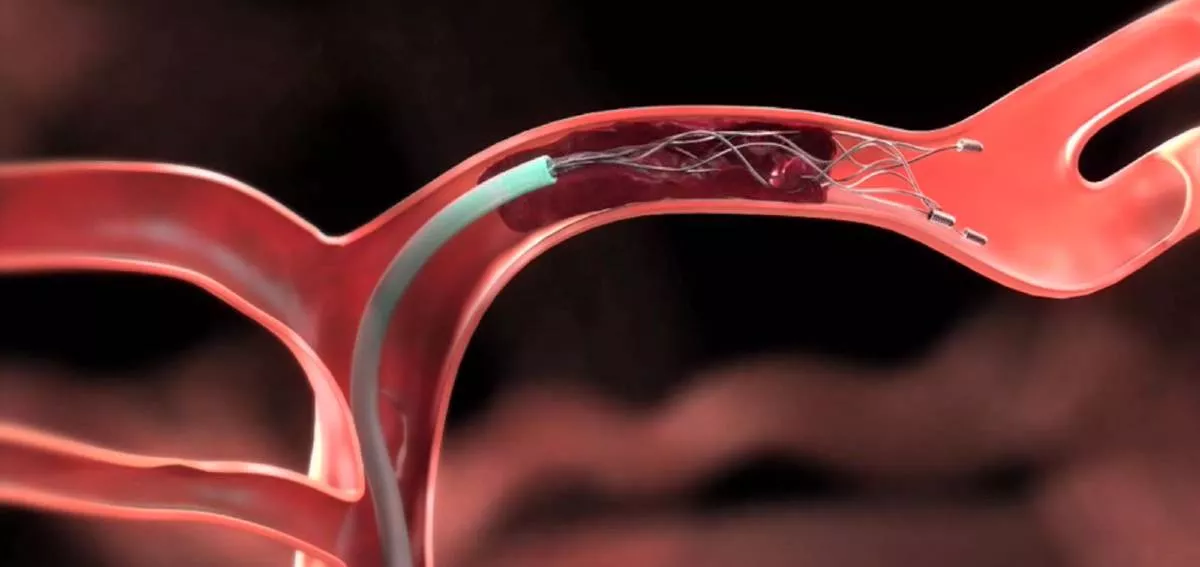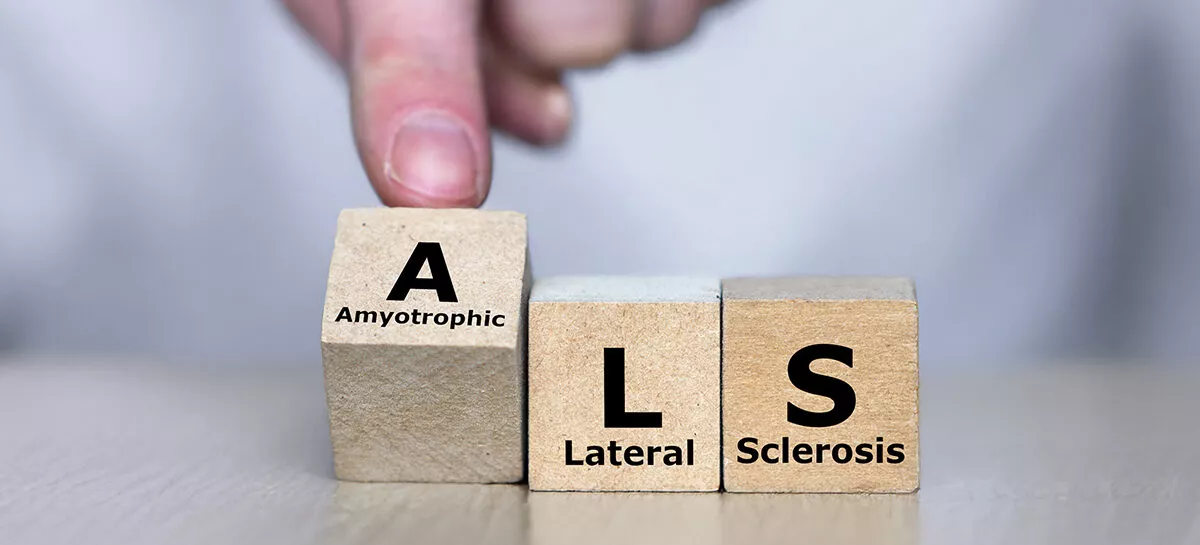Cholesterol is an essential element in the human body that helps in performing many vital functions. The human body has the capacity to produce the necessary amount of cholesterol. However, some cholesterol also gets into the body through the food we eat.
Cholesterol is fat based and insoluble in blood and is carried throughout the body by lipoproteins. There are two types of lipoproteins that carry cholesterol-High Density Lipoprotein (HDL) and Low Density Lipoprotein (LDL). Cholesterol that is carried by LDL is known as ‘bad’ cholesterol. It is termed such because it contributes to the building of plaque, a thick and hard deposit, which can cause the arteries to clog and make them less flexible.
While ‘bad’ cholesterol is widely known to be one of the major reasons for heart diseases like blocked arteries, it also has the potential to adversely affect the human brain.
Cholesterol and brain function
Cholesterol is essential for the brain to function effectively, where almost 25% of the total cholesterol of the human body is located. Healthy cholesterol helps in improving memory and learning and assists in production of various hormones. Whereas, ‘bad’ cholesterol has been linked to a number of diseases that the brain can suffer from, including Alzheimer’s.
High levels of ‘bad’ cholesterol and potential risks
Dementia
Dementia, an overall term used to describe loss of memory or thinking skill has become more common recently. While conditions like Alzheimer’s has been counted as reason for dementia, studies have shown that amyloid plagues were present in the brains of the affected people. Amyloid plagues are formed as a result of the excess build-up of a protein called beta-amyloid. An irregular pattern of cholesterol in the body is linked with the formation of amyloid plagues in the brain. It has been proven that people who show higher levels of cholesterol during midlife are more likely to be affected by dementia than those with normal cholesterol level. Thus, low levels of HDL and high levels of LDL can affect the brain adversely.
Alzheimer’s
Deposition of amyloid plaque in the brain due to higher levels of bad cholesterol has been detected as a major cause for Alzheimer’s, which is also related to development of dementia in the patients. If a person has LDL of 100 above, or HDL level of 40 or less chances for the appearance of Alzheimer’s increases.
Stroke
Stroke occurs when there is a clot that blocks a blood vessel or artery, resulting in breakage or stopping of blood flow to an area of the brain and in the process cutting off oxygen supply to the brain. Excess level of LDL leads to plaque build-up in the arteries. This prevents blood flow to the brain and causes stroke which leaves long lasting impact on the patient’s health. Paralyses, trouble with speech or sight, even brain damage or death are some severe outcomes of stroke. Ischemic stroke, caused by blockage of carotid arteries that carry blood to the brain is also related to elevated levels on ‘bad’ cholesterol.
Atherosclerosis
Stroke is preceded by a condition termed as Atherosclerosis. It is the stage when plaque deposit causes the arteries to narrow down and disrupt normal blood flow. The condition affects arteries in any part of the body but risk of stroke builds when brain arteries develop Atherosclerosis. This is again the result of increased level of ‘bad’ cholesterol.
Impaired cognitive function
Apart from increasing the risk of developing Alzheimer’s, ‘bad’ cholesterol is found to impair the general cognitive function of the brain. People with higher levels of LDL have problem remembering and memorising than those with a normal or balanced level of cholesterol.
Inflated levels of LDL decreases blood flow in the brain and may lead to white matter hyperintensity, a condition whereby the density of white matter goes down. White matter tissue facilitates the passing of messages between different areas of gray matter within the central nervous system. Higher levels of ‘bad’ cholesterol paralyses this vital function of white matter thus lowering cognitive performance.
Increase HDL and decrease LDL
Sufficient amount of HDL is necessary in human body to maintain healthy functioning. HDL levels are found to be low in people with high blood sugar, high blood pressure as well as obesity. Thus it is important to make important lifestyle changes to maintain a healthy amount of HDL in the body. Some important changes can be made to keep a healthy HDL level.
On the other hand, it is also important to get rid of the excess levels of LDL to keep a healthy physic. A little caution can keep the ‘bad’ cholesterol in check.
Safe Levels of Cholesterol
Smoking must be avoided
Consumption of alcohol should be stopped or done only in moderation
Exercise must form a part of the daily routine
Food with trans-fat content, such as cookies or fried food should be avoided
Daily diet should contain whole grains and high fibre food
Consumption of saturated fats like butter, lard, whipped cream etc. should be limited
High calorie beverages should be replaced by water or green tea
There are also medications available to keep ‘bad’ cholesterol in check when it cannot be lowered by lifestyle changes
Maintaining sufficient amount of cholesterol in the body is inevitable for the effective functioning of the brain. We should know the adequate amount of cholesterols that is needed for proper functioning of the body. Cholesterol levels are measured in milligrams of cholesterol per deciliter of blood (dL) or millimoles (mmol) per liter (L). Thus, one must have 60mg/dL (1.6 mmol/L) HDL or above. HDL level which is below 40 mg/dL is risky. Care must be taken to maintain LDL within the limit of 100 mg/dL. An increase in the LDL level has been the known cause of host of health issues including negative effects on the brain.
For any queries or treatment related to brain disorders, visit the best neurology hospital in Kochi
